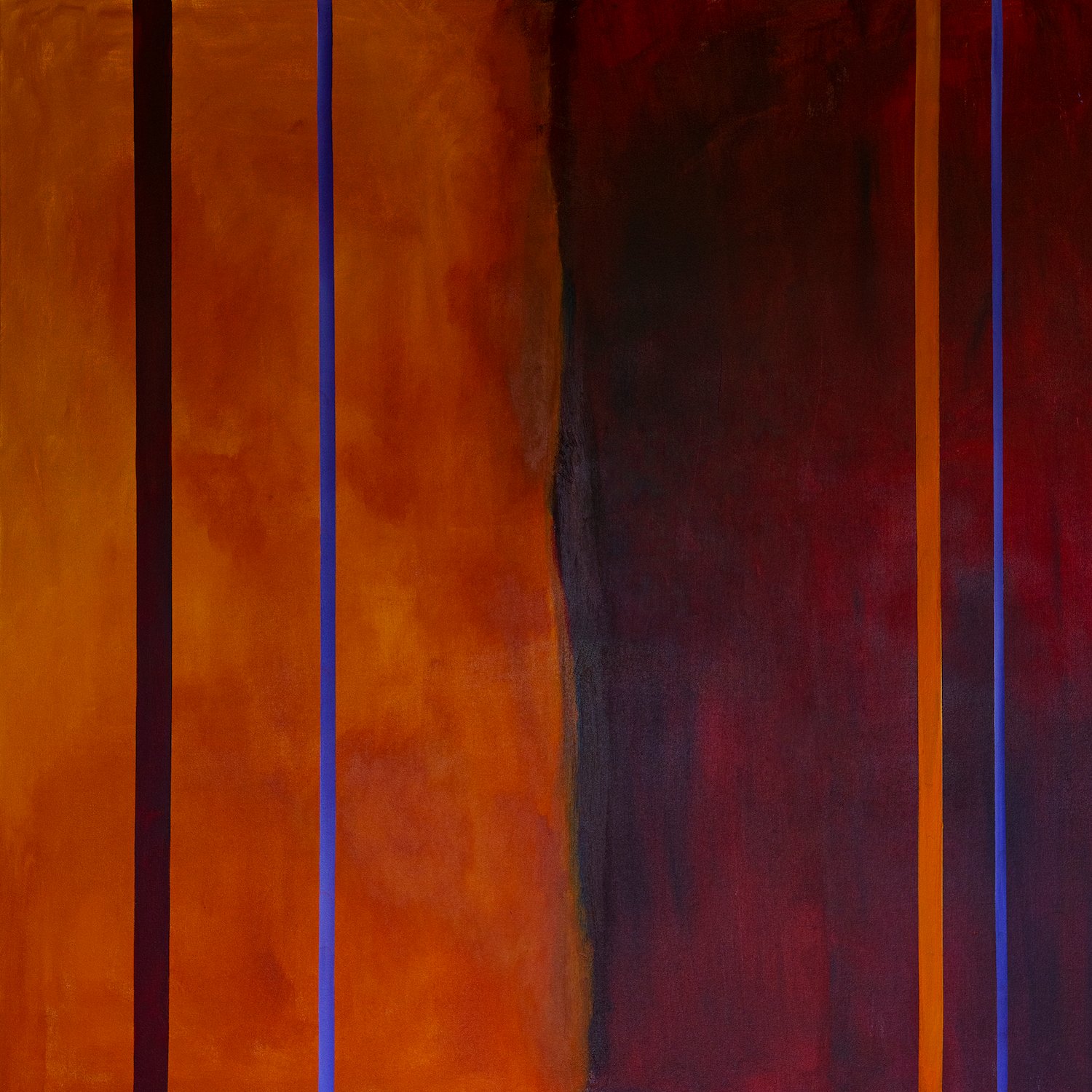
It’s an unlikely scenario for any aspiring artist: an artist who has never publicly displayed his paintings and who turns down offers to buy his works, has a dealer proactively visit his studio out of curiosity. (I personally don’t know of an art-world journalist or veteran who has not fielded multiple artists’ requests about getting their foot in the door of a New York gallery.)
But such was the case for Abbott Stillman, a successful New York real estate developer who first took up a paintbrush nearly three decades ago, initially creating representational work—much of it still lifes and portraits—before eventually switching to abstract painting.
In a phone interview with Artnet News, Stillman explained the process of channeling his creativity. “I built a career as a real estate developer and one of the things that’s important in that field, is there are times when it makes no sense to develop buildings. I thought, if I don’t find some other way of being creative, I’m going to do something stupid and create a building when the market doesn’t really need it. So I started painting,” he said.
Abbott Stillman. Photo: Steve Benisty.
Though he never took formal art classes, Stillman did attend graduate school at the Massachusetts Institute of Technology, where he took architecture and city planning courses. “I guess that was some type of training,” he noted.
Over the years, he only showed his work to a small handful of family and friends, and, despite enthusiastic responses, declined to share it with a wider audience.
That changed recently when Soho dealer Georges Berges visited Stillman’s studio in Scarsdale, New York. Now, Stillman’s work (roughly half a dozen pieces) is a major component of the gallery’s summer group show, opening August 17, aptly titled “Urban Summer.” Stillman said that in addition to being busy, he just wasn’t all that familiar with the art world but that Berges “struck the right note” when they met.
Stillman has built several monumental buildings in New York City such as the one-million-square-foot Juilliard complex. He is also behind the award-winning Chapman’s Reach in Quincy, Massachusetts, Red Mill Village in Norton, Massachusetts, and 401 North Broad Street in Philadelphia, the latter of which is a 1.4-million square -foot redevelopment of a historic industrial building into a telecom hotel and data center.
LowRez HiFi, Full-scale LED matrices in glass vitrines (Lo-Rez) and a grove of touch-sensitive stalks (Hi Fi) Cooper Hewitt (Smithsonian) Museum in collaboration with Höweler + Yoon Architecture. Photo: Alan Karchmer.
Though the Georges Beres group show marks his first foray into the gallery world, his real estate endeavors brought him into the realm of public art when he collaborated on an installation for a building he was developing in 2006.
Low Rez/Hi Fi combined a sound-and-light grove and LED-based building signage. It was selected by the Cooper Hewitt, Smithsonian Design Museum as one of the best designs of any kind in the U.S. and displayed at its 2007 Triennial. The work was later displayed at both the Institute of Contemporary Art in Boston and the Contemporary Art Museum in Houston.
As for his love of art, Stillman credits his mother with frequent—he calls them “insistent”—visits to the Metropolitan Museum of Art as a child, where she would create games and challenges such as by asking him: “How fast can you find paintings that combine red and blue?”
“Little by little, I learned to see. That was really what got me interested in art,” he said.
Abbott Stillman, Summer Meander (2023). Photo: Steve Benisty
And now that his work is on view at a gallery, there is no more room for excuses when it comes to sales. In fact, several works are already pre-sold with prices ranging from about $100,000 to $200,000, an impressive level for an artist who has never technically engaged with the market before.
“I realize I’m very fortunate,” said Stillman. “For years, friends kept saying, ‘You’ve got to sell me one of your paintings’ and I said, ‘Well, they’re not for sale.’ When they found out I was doing this show, they said, ‘Well, now you can’t say no because you’re a professional artist.’”
Stillman pointed out that what’s important to him and is perhaps most interesting about his artwork: “I’ve worked a little bit against the Zeitgeist because I’m not an angry person. I’m actually quite grateful for my life. I’ve had a wonderful, fortunate life. A lot of what seems to be au courant is confrontational and questioning of the culture. I’ve been around long enough that I think I’ve reached the point where I said to myself: ‘We’re here for a relatively short time between bouts of being stardust eternally and I’m pretty grateful for this life.’ I think most people ought to be grateful for their lives. I really try to create a sense of harmony and a little bit of quietude in my painting.”